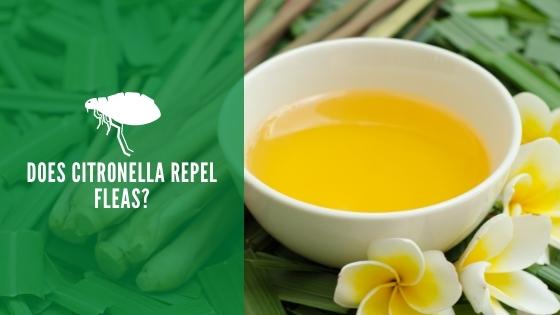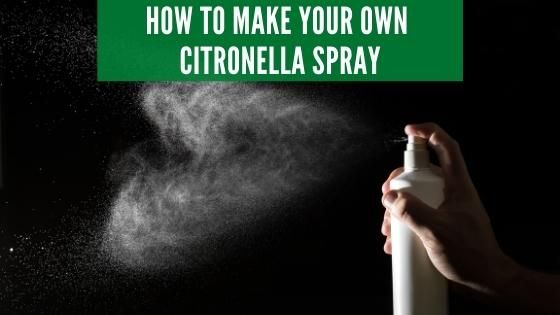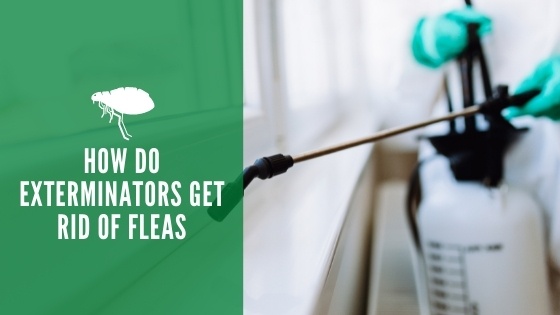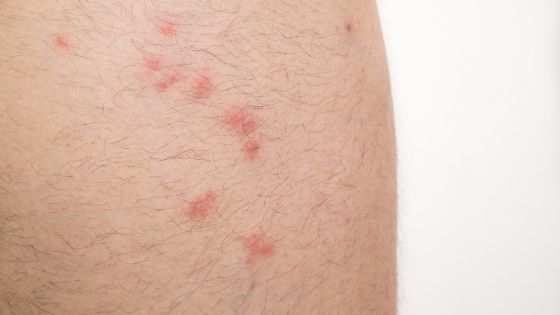Does Citronella Repel Fleas?

We love our furry friends, but we do not love the fleas that come with them, especially if your dog or cat goes outside. Once they hitch a ride on your pet, it is not long until you can have a major infestation in your home.
If you already have an infestation, you only want to know how to get rid of them. Let’s explore whether citronella can help you get the problem under control.
What is Citronella Spray?
The first thing we need to do is define citronella spray. Many products are available on the market that contains citronella. They have various concentrations of citronella, which can make a difference in whether it repels fleas or other insects. Some contain only small amounts and are mixed with other essential oils.
To create your own citronella spray, you can put 15 drops of citronella oil in an eight-ounce spray bottle and fill the rest with water. You will need to shake the mixture before application and frequently throughout the process.

The term ‘citronella’ is often used to refer to the Pelargonium citrosum, but this plant is not the source of citronella oil. Citronella oil comes from Cymbopogon nardus grasses. Also, people often confuse lemongrass and citronella grass.
The grass used to make citronella oil is not edible. The answer to whether citronella spray repels fleas depends on the quality of the product and how much citronella it contains.
Does Citronella Spray Repel and Kill Fleas?
Citronella is best known as a mosquito deterrent, but it will also repel fleas. In high enough concentrations, it can even kill them. That is why they tend to stay away from it.
It is unlikely that you will kill many fleas with citronella because they tend to avoid it. Citronella is toxic to fleas, and it also masks the scent of you or your pets, so they cannot find you. Citronella is also often used to repel cockroaches, ticks, ants, wasps, bees, moths, flies, and gnats.
How Do You Use Citronella for Fleas Around Your Home?
You can use citronella to control fleas in your garden or yard. When used in this way, you and your pets will not pick them up and bring them into the home. One word of caution is that citronella oil can harm cats, so you might want to be careful where you place it or use it in diluted form.
You can place cotton balls soaked in citronella oil around your yard and home. You can also spray it on carpeted areas and vacuum up the fleas. This can often extract fleas that are hidden deep in the carpet. You can also use diatomaceous earth.
When using citronella spray, one thing to keep in mind is that the oil evaporates, and you will need to replace it or respray your animal about every two hours. If you are working outside, you can spray your socks and shoes to keep them away from you, too.
Is Citronella Spray Safe to Use on Cats and Dogs?
Citronella is generally considered safe for dogs, but some dogs can be sensitive. You should always use it in a dilute form, especially until you find out if your animal is sensitive. Signs of sensitivity might include a rash or itching. If your animal appears distressed after you spray them with it, then you should not use it on your particular pet.
Citronella spray can be used on many dogs, but it is toxic to cats. Essential oils contain phenols, and cats cannot process them in their liver. Using citronella oil and many other essential oils on your cat can cause liver damage.
Other herbs and plants also contain phenols that are toxic to cats. These include:
- Thyme
- Oregano
- Eucalyptus
- Clove
- Cinnamon
- Bay Leaf
- Parsley
- Savory
Citronella also contains ketones, which can cause some neurological symptoms in cats. Other herbs that contain ketones and should but not be used on cats include:
- Cedar leaf
- Sage
- Hyssop
- Cyprus
- Lavender
- Eucalyptus
- Mint
- Caraway
- Clove
- Ginger
- Chamomile
- Thyme
- Rosemary
If you have sensitive cats or dogs, it is important not to allow them to consume foods with any of these ingredients, and you should carefully read the labels of any sprays or products that you intend to use on them. You should always consult your veterinarian if you have any questions about what is right for your pet.
You should also not spray citronella oil directly into your dog’s face. Instead, you can spray it on your hands and wipe it around the animal’s face.
Citronella is an excellent natural choice for repelling fleas in your yard and on your pets, but only if used with these precautions in mind. If you have an infestation, you can use citronella in your home, as long as your cats are not in contact with it.
Vacuuming often is also a good way to keep the population down. Preventing fleas in your yard will prevent you from developing an infestation on the inside of your home. It is good to know that you have natural alternatives to harmful chemicals to control fleas and other pests.
Sources:
https://www.petmd.com/dog/wellness/how-natural-flea-and-tick-repellants-work%E2%80%9D
https://www.gardenguides.com/13406233-how-to-use-citronella-spray-for-fleas.html



